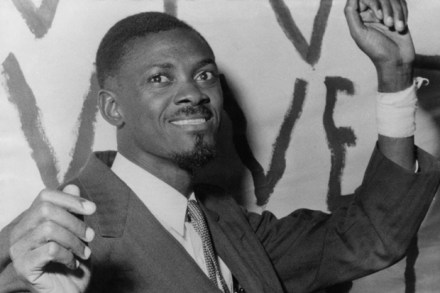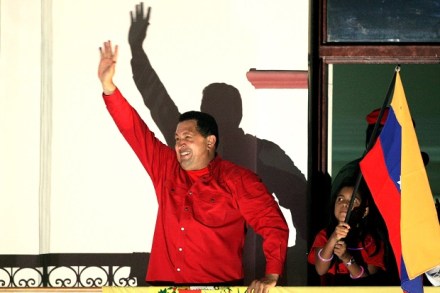Letter from Cuba: The tourists are coming – but don’t expect Walmart just yet
Sloppy Joe’s — which starred in the film of Graham Greene’s Our Man in Havana — was always likely to wither on the post-revolution vine. As the decadent hangout of unsavoury ‘imperialists’ whom Fidel Castro despised, it never stood much of a chance. Frank Sinatra, John Wayne and local hero Ernest Hemingway all used to call in from time to time, slaking their thirst at the 65ft-long mahogany bar. It closed in 1960 and no one expected to see mojitos and daiquiris being poured here again, at least not until Fidel and his brother Raúl were gone. But needs must. Double measures and double standards keep Cuba alive. Two years ago,












